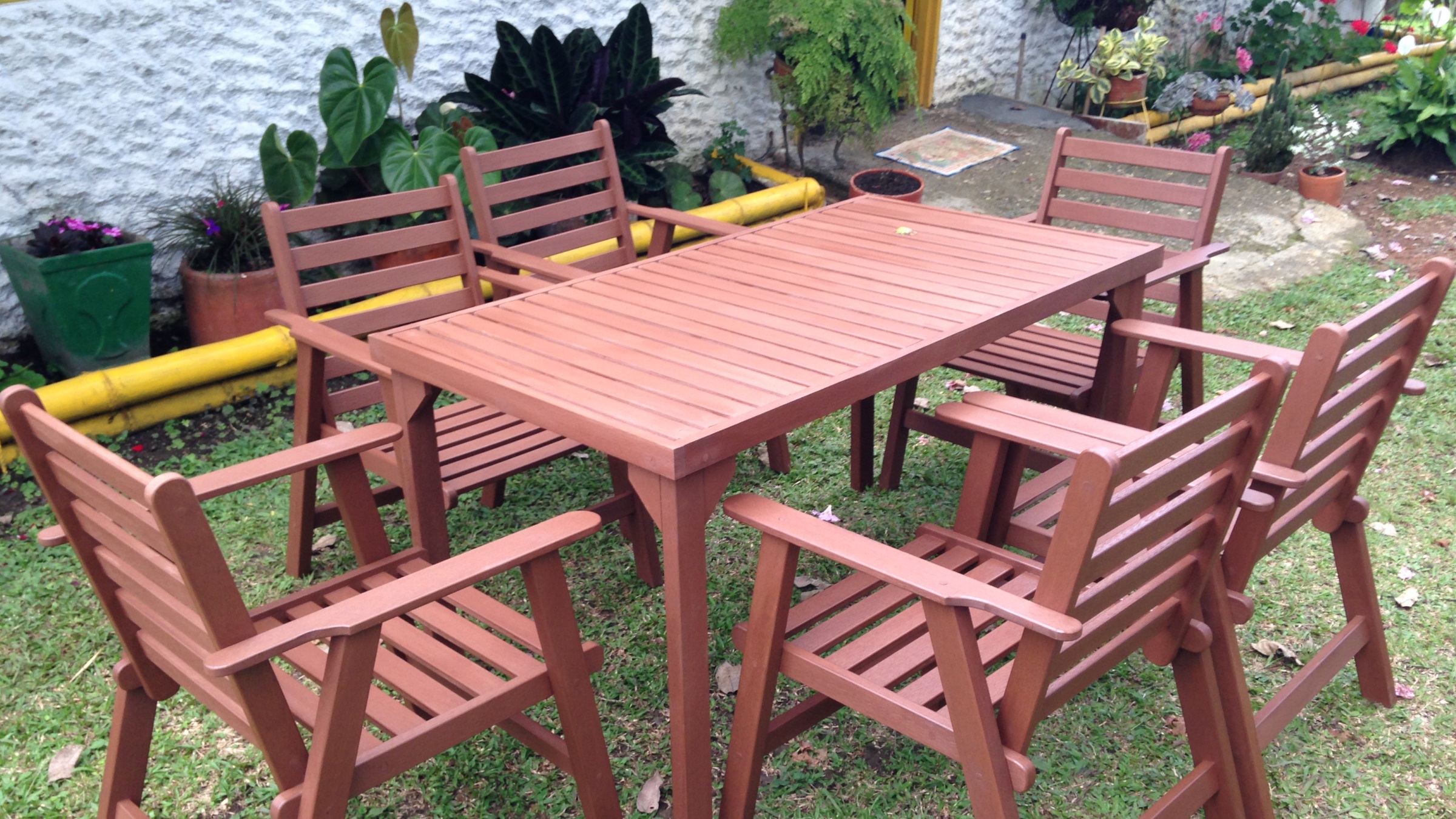Diseclar

Diseclar sources its raw materials from recyclers, collection points and factories. In its innovative production process the collected plastic is mixed with agro-industrial waste - such as coffee chaff, sugar-cane pulp and rice chaff - to produce ecological furniture, decks and pergolas. Diseclar’s main customers are restaurants, recreational centres and retailers.
Compared to conventional wooden furniture Diseclar offers customers long-lasting products, which can be used indoors or outdoors, withstand rain, snow, cold or heat and do not rot or splinter.
- Supporting recyclers who often live under precarious conditions. 45% of the recyclers who supply to Diseclar are single mothers who work to support their families.
- Undertaking waste management training at collection centres, and community talks to raise awareness about recycling at home.
- Reusing 300 t of plastic and 192 t of agro-industrial waste, thereby saving 35,136 t of carbon emissions from burning waste.
- Avoiding the felling of 2,000 trees for furniture, thus retaining 17,083 t of carbon dioxide.
- Reducing energy consumption by 85% compared to virgin material production.
- Generating 10 direct jobs in the enterprise and 300 indirect jobs for recyclers, each of whom earns USD 55.5 per month.
- Reducing the cost for customers due to the long life-time of Diseclar’s products compared to wooden furniture.
Partners
Diseclar designs, produces and markets the furniture.
Servicio Nacional de Aprendizaje (SENA) supports and advises Diseclar on the whole production process from furniture design to waste management.
Campus Nova at the Javierian University helps Diseclar to improve the internal process and increase our social and environmental impact in our region.
